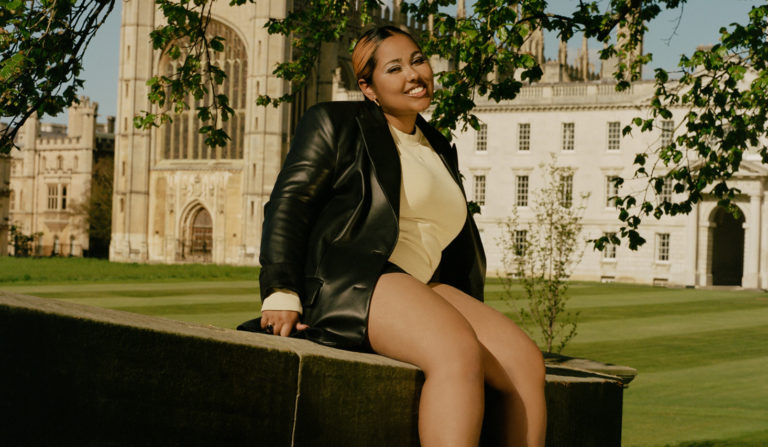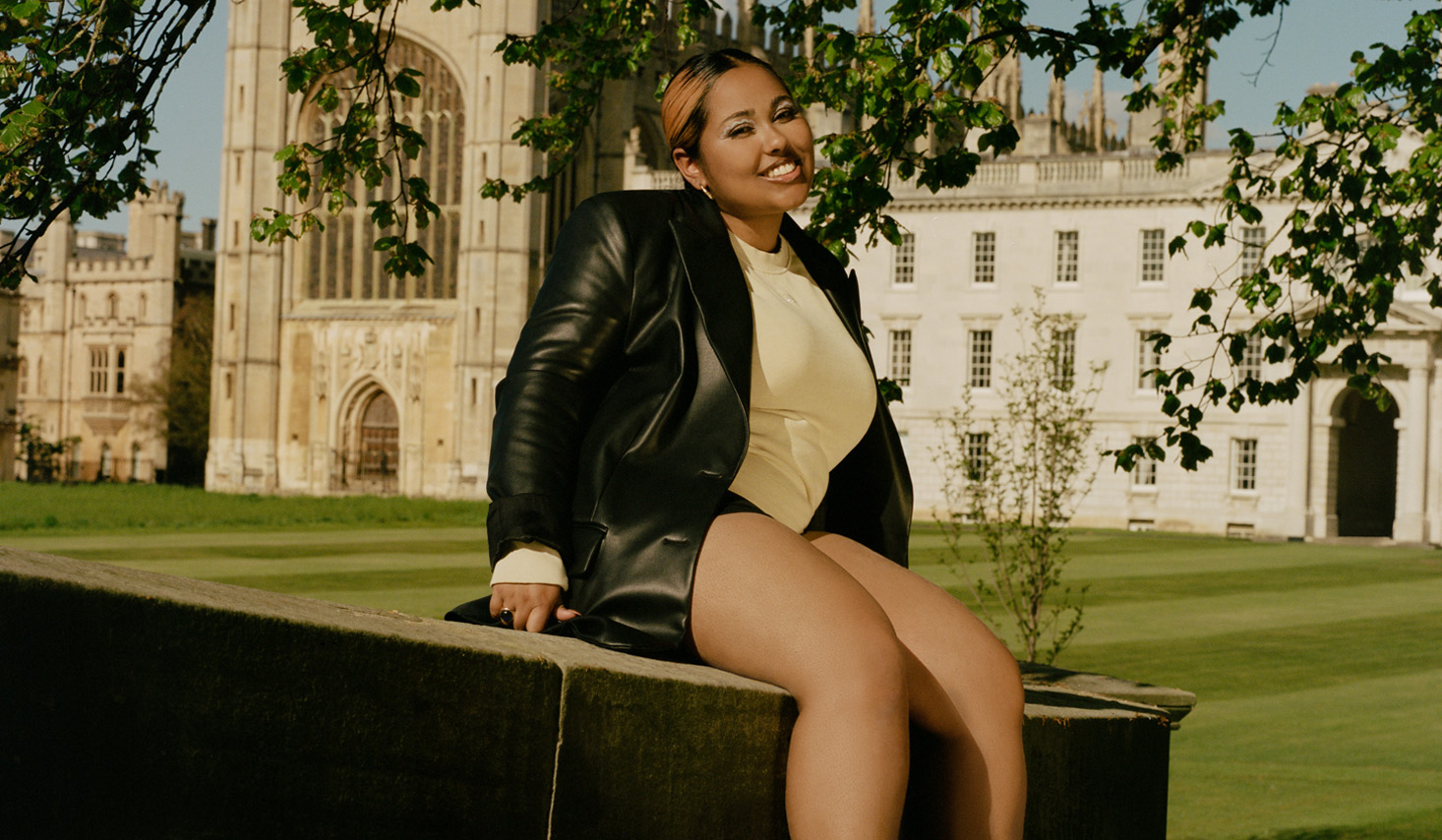

Having read a novel for a class, Sharleen’s focus was drawn to the descriptions of black trauma, and this was what consumed her contributions to a discussion in the following class. “Obviously, you have an emotional reaction to it,” she explains. “But a white girl started bringing up how she liked the ‘whimsical nature’, structural features and language techniques, and while she’s saying this, all I can think of is how reading the book was traumatising to me.”
FUSE is the university’s society for LGBTQ+ students of colour. Started by students who sit at the intersection of both racialised and queer communities, the group was set up with the intention of providing support and community to the small body of students scattered across the university. Being part of two marginalised groups already sets these students adrift.
Faced with overwhelmingly white LGBTQ+ societies, students often feel outnumbered and unable to address questions of sensitivity. It’s not a theme exclusive to Cambridge. A study carried out by Stonewall found that over half of Black, Asian and ethnic minority people have experienced racism in the LGBTQ+ community.
Compounded with the university’s collegiate system, wherein students are split into different groups for their studies and accommodation, life can be lonely. FUSE aimed to surmount these gaps and draw these students together in a community of their own. Not only has this involved club nights, but also picnics, movie showings, and more pastoral care. Many students are in the closet, out only to fellow members, making the group one strongly built on trust and solidarity.
Facing discrimination from their individual religious groups and due to their individual backgrounds, regardless of what those backgrounds may be, draws these students together.
Isa*, 19, is a Muslim Bengali student, originally hailing from Birmingham. He says that these shared experiences are the glue that draws these students together. “We come from similar backgrounds. It’s easier to make friends that way because there are people who understand you more and where you’re coming from- why you are the way you are.”
To him, FUSE has characterised his experiences of Cambridge’s community. Feeling out of place in the bustling spaces in which he grew up, he sought to recreate the Eid of bygone days in a fresh environment, setting up a picnic for Muslims and non-Muslims alike. In spaces like this, where Isa* can enjoy freedom to express his true self as a gay man and a Muslim, are where he finds family. Unable to join the university’s Islamic and Bangladeshi societies out of fear of being targeted, the space set up for the celebration was like one he’d never seen before, with so many different queer people of colour gathered in one space.